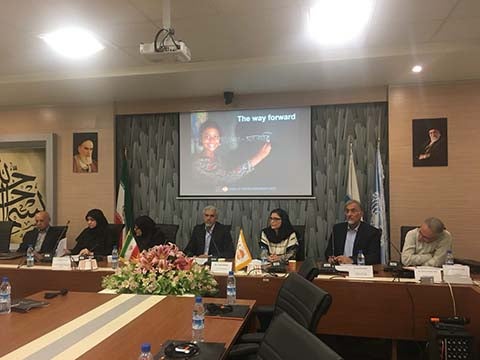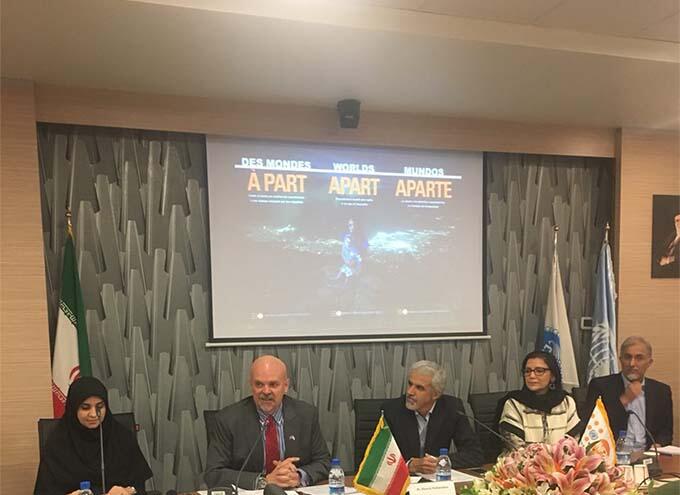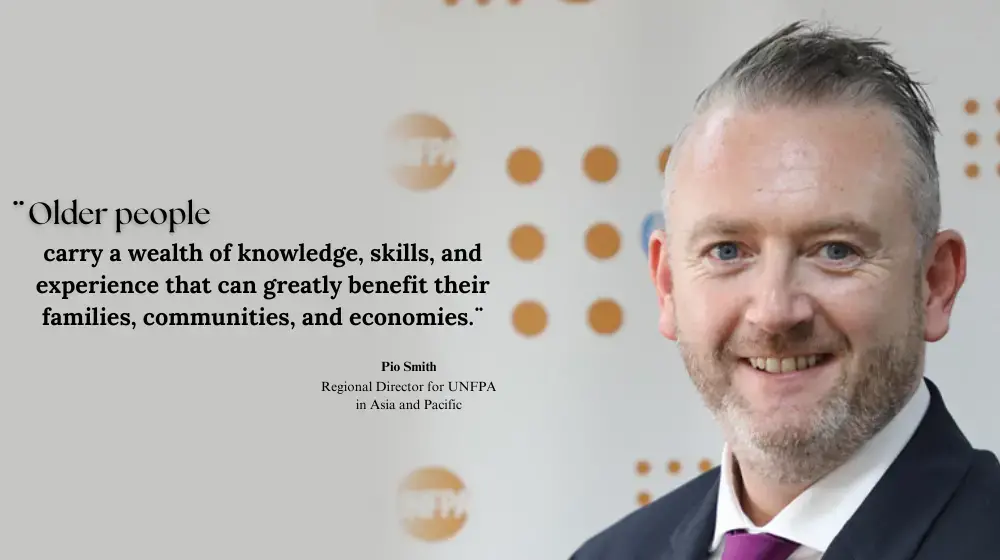The launching ceremony of the UNFPA’s State of World Population Report 2017 took place in the Faculty of Social Sciences of University of Tehran on 8 November in the presence of government officials, academics, experts, and heads of UN agencies.
The report entitled, “Worlds Apart, Reproductive Health and Rights in an age of inequality”, was dedicated to regional and social disparities in access to reproductive health and rights, and was presented to the audience by Dr. Monire Bassir, UNFPA Programme Specialist. In her opening remarks, Dr. Leila Joudane, the UNFPA Representative, emphasized on disparities women and young girls are suffering from in access to reproductive health services, as well as the repercussions for their life choices and earning potentials. Mr. Gary Lewis, UN Resident Coordinator, reminded the audience of the importance of ensuring women’s social and political empowerment. Dr. Mahmoudian, Professor of Demographics in University of Tehran and host of the event, pointed at the low participation of women in the workforce.
The opening remarks was followed by a thought-provoking discussion panel, led by academics and government officials, on the socio-economic implications of women’s health. The panel covered the various topics of women’s participation in diverse sectors of the economy, the social inclusion of female headed households, and the access to health services for marginalized population under the Health Transformation Plan. “Although the gender gap in education is closed, women’s potential to take part in the workforce remains unrealized” said Dr. Jalal Abasi, Tehran University Professor. “More efforts should be placed into thinking about the proposed options for policy-makers”, he added.





